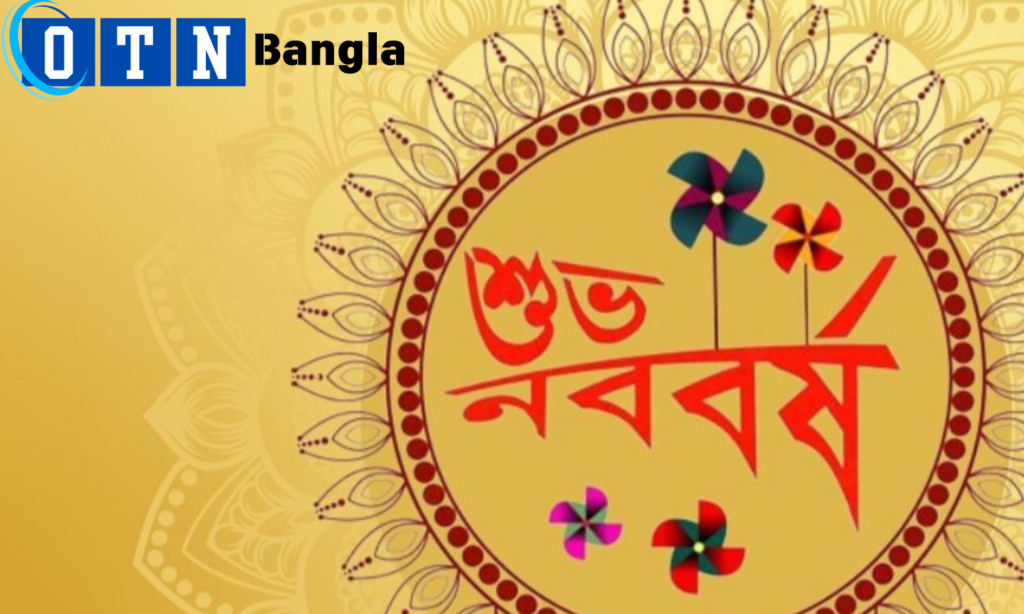Today is 14 April, Pohela Boishakh—the Bengali New Year, a celebration deeply rooted in the heart of Bengali identity. It is not just the beginning of a new calendar year, but a spiritual and cultural awakening. As Rabindranath Tagore once declared: “Muche jak glani muche jak jora, agnisnane shuchi hok dhora” This is not merely a poetic invocation to mark the changing seasons—it is a call for inner cleansing, unity, and cultural revival.
Yet, this year’s Pohela Boishakh arrives in a sobering context. The world is entangled in wars, climate crises, economic hardship, and growing social divisions. Bangladesh is not untouched. A once-rising economy—ranked second-best in South Asia just behind India—now teeters under the weight of joblessness, shuttered industries, and declining purchasing power. A telling symptom: compared to last year, festive sales for Eid and New Year have plunged by a staggering 300 billion taka. Just think of that number again—300 billion! That’s the depth of uncertainty and insecurity people are living through.
There was a time when people had jobs, spent their income freely, and even the proceeds of corruption trickled down into the broader economy. Today, families are struggling to afford daily necessities, let alone new clothes or a trip to their village homes. The economic decline isn’t just about numbers—it’s about eroding hope and squeesing the very spirit of celebration.
Pohela Boishakh has always stood as a unifying force. Regardless of religion or class, millions come together in joy and solidarity. Yet, even this festival of harmony has not been spared from political interference. The symbolic Mangal Shobhajatra—a procession born from the anti-dictatorship movement of the 1990s and recognized by UNESCO as a cultural heritage of humanity—has now been renamed “Barshoboron Ananda Shobhajatra,” allegedly under pressure from religious hardliners.
This change dilutes a powerful symbol of resistance, optimism, and collective identity. Over the years, colourful masks, clay tigers, doves of peace, and folk art in the Mangal Shobhajatra have represented our hopes of dispelling darkness and embracing light. It’s not just a parade—it is a statement that the people of Bangladesh stand for peace, pluralism, and cultural pride. To tamper with its spirit is to risk severing our roots.
As the sun rises on this Pohela Boishakh, we must ask ourselves: what path are we on as a nation? Can we reclaim our shared values? Can we rediscover the strength to rise above economic despair and social discord?
In the words of Kazi Nazrul Islam, “Tora sob jayoddhonni kor, Oi notuner keton ore kaboishakhir jhor .” Let that storm cleanse all that is unjust, unkind, and untrue. Let this Boishakh be a season of reckoning, of renewal, and of new determination.
Let our commitment today be to unity, dignity, and shared progress. Let this Bengali New Year mark the beginning of a brighter future—where culture is preserved, justice is served, and the spirit of the people triumphs.
On behalf of the OTN Bangla family, we wish all our readers, viewers, and well-wishers a heartfelt Happy New Year. Shubho Noboborsho 1432!





